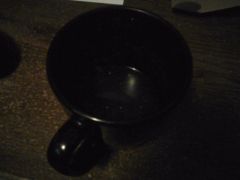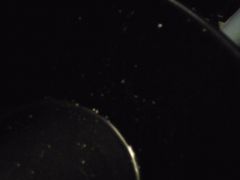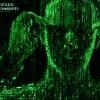Sorry to hear that Jabowery
I really dont want to annoy or burden You with my opinion thats why I´m writing so seldom in this thread.
I have posted my concerns about 2 months ago regarding a possible cancer risk and thats it.
I´ve only gave a comment now because the post of xks seemed to me to suggesting that Dihexa is somewhat unproblematic.
Believe me I would even rob a bank to get it because I would need it, but its too hot for me.
also I´m aware that You are willed to take the possible risks, but I just got worried when it seems or somehow suggests that its 100% safe to someone who is not willed to take the risks.
As You see: if I would try to convince anybody, I would post far more times in this thread and "troll arround" so to say.
But I dont.
I´m just about those who are unaware to the risks.
Because I´m a bit sceptic that every buyer or prospect of Dihexa has read the whole thread, got well informed about possible side-effects and cowculated  the benefit/risk ratio.
the benefit/risk ratio.
So that was my intention to "share" my concerns.
Edit:
I cant understand the ethics of the Doctors as well.
Taking Ebola as an example if You have the chance for 90% to Die, Why not using something that may could help.
Its the patients decision to take that risk and I would decide to try any possible cure form me.
Edited by Flex, 12 August 2014 - 11:06 PM.
































































